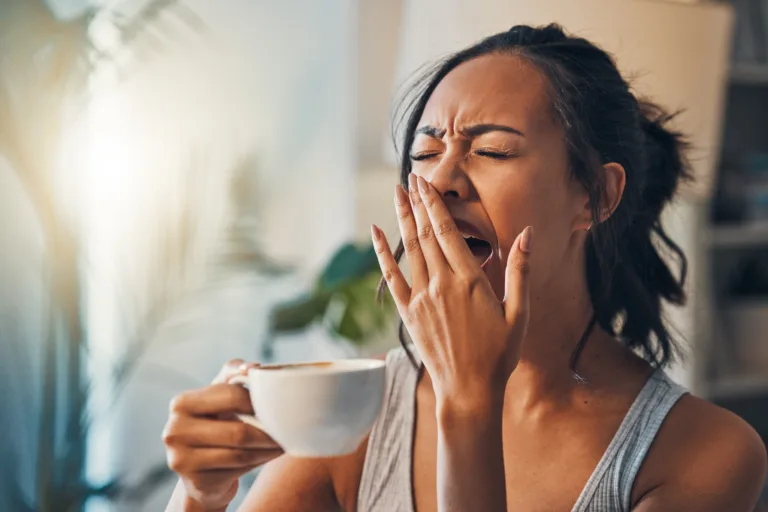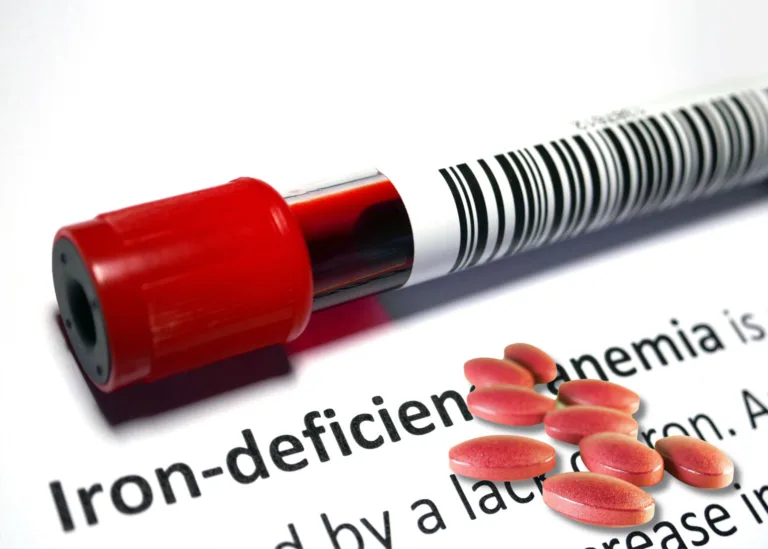In a woman’s life, menopause marks the end of the menstrual cycle or periods. It is the onset of a new hormonal journey. Many women experience hot flashes, mood swings, and sleep pattern changes, but ignore their impact on the bladder. Many women start noticing urinary or bladder issues during the perimenopausal phase. Why does this happen, and how can you manage it? Let’s dive in.
What is the Link Between the Bladder Change and Menopause?
Estrogen, a hormone that plays a crucial role in maintaining the flexibility and strength of the urinary tract and pelvic floor muscles, starts to decline during perimenopause. This decline in estrogen levels causes the muscles to weaken, leading to incontinence.
What are the symptoms?
Along with the usual symptoms of menopause, such as hot flashes, mood swings, and sleep pattern changes, you might experience the following symptoms related to your bladder health:
Stress urinary incontinence – Your Bladder can leak during any physical activity, laughing or physical exertion
Urgency and frequency – You feel like urinating most of the time, and all of a sudden Nocturia – You have to wake up at night to empty the bladder
Pain or burning – This can happen because your tissues might have dried up
Is there a particular age when it starts?
Yes, usually you will notice these symptoms as you start to age. It is around mid to late 40s, typically when perimenopause symptoms begin, that you may start experiencing bladder issues related to menopause.
How can bladder symptoms be treated?
You can opt for any of the several ways to manage your bladder symptoms:
Communication with the doctor
First and foremost, always remember that you are not alone in this journey. Never hesitate to come forward and talk to a healthcare professional. As timely intervention will lead to the best plan.
They will thoroughly assess your condition and guide you accordingly. Therefore, if experiencing any symptoms, remember it’s time to speak up and take control of your health.
Pelvic Floor Physiotherapy:
It works like magic. You can manage the bladder changes caused by menopause through Pelvic Health Physiotherapy. It is one of the most effective ways to manage these changes without any surgery. At Aniya Care, your physiotherapist will provide you with a customised, tailored treatment plan based on your symptoms, lifestyle and condition of your pelvic muscles, giving you hope for a better quality of life. It will help:
- Strengthening your pelvic floor muscles
- Improve your bladder control to avoid any sudden leakages.
- Educate on how you can control your urgency.
- Restore your confidence so you can get back to life.
Guide you on exercises and a routine which you can do at home.
You can notice a significant improvement in your symptoms and daily life if you are consistent in your sessions and follow the regimen.
Dietary Modifications
Avoid caffeinated drinks and alcohol. These can increase the volume of urine and make your bladder full. You can opt for alternatives like herbal tea, decaffeinated tea, or coffee. Avoid fibre-rich food, as it may cause constipation, which can cause the bladder muscles to weaken due to strain.
Stay hydrated
It might sound strange, as drinking more water will cause you to pee more often. But not having adequate water intake can cause your muscles to dry out and start losing control. It is therefore essential to have sufficient water intake.
Weight loss
A healthy weight is essential to reduce pressure on your bladder. As the weight you carry increases, the more pressure it puts on your bladder.
Bladder training
Your physiotherapist will guide you on the training. It is actually how to avoid going to urinate suddenly when having an urge, that is, hanging on for a little while. It will help your bladder learn not to empty more often.
Hormone Replacement Therapy (HRT)
If bladder changes are due to a lack of estrogen, your doctor may prescribe you hormonal replacement therapy (HRT). It contains estrogen that can help strengthen the bladder and urethral tissues weakened by menopause.










